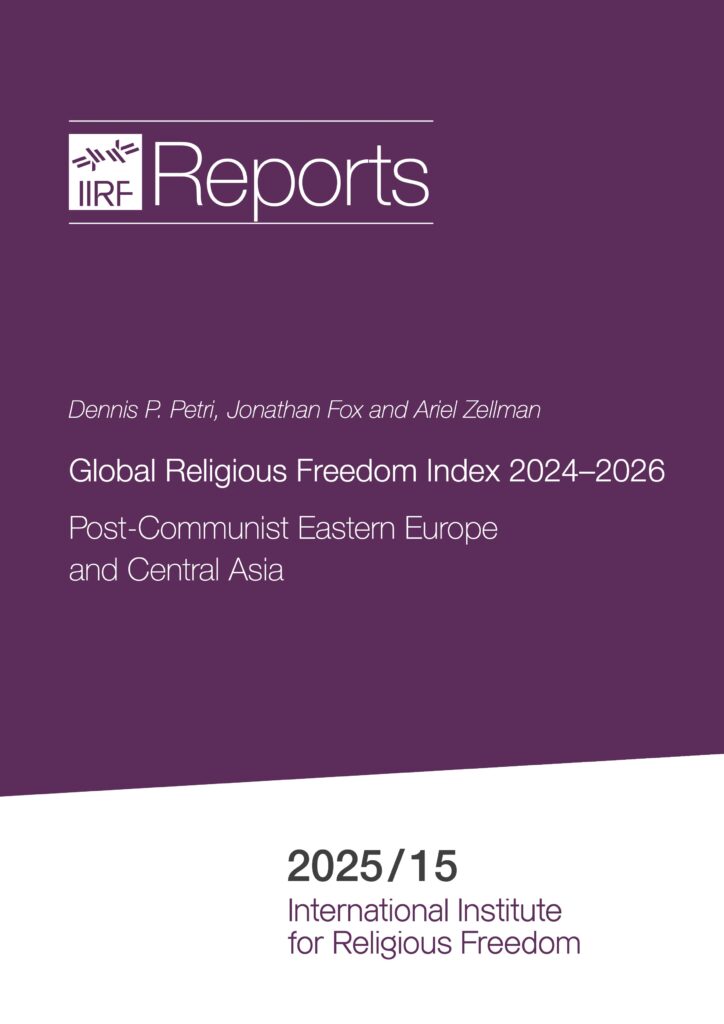This report analyzes the status of religious freedom in 30 post-communist countries and territories in Eastern Europe and Central Asia, using 2023 data from Round 4 of the Religion and State Project. It evaluates religious freedom across four dimensions: separation of religion and state, government discrimination against religious minorities, regulation of religion (inclu¬ding majority faiths), and societal discrimination, including physical violence.
State favoritism toward dominant religions, especially Orthodox Christianity and Sunni Islam, is widespread throughout the region. Legal and bureaucratic restrictions on minority religious communities remain entrenched, particularly in Central Asia and the Caucasus.
Societal hostility—ranging from hate speech and negative media portrayals to vandalism and violent attacks—is intensifying in both authoritarian and democratic countries.
Russia, Uzbekistan, Belarus, Tajikistan, and Poland stand out as countries with the most comprehensive systems of religious regulation or the highest levels of societal discrimination.
Latvia and Slovenia exhibit relatively low levels of state interference and societal hostility and may serve as models for religious pluralism in the region.
Orthodox-majority countries exhibit the highest levels of both government support and societal discrimination, reflecting strong church-state alliances and the use of Orthodoxy as a pillar of national identity.

Other Christian groups (primarily Catholic and Protestant) tend to receive moderate government support and lower levels of both regulation and societal discrimination, especially in Central European states.
Muslim communities, especially in Central Asia, face the highest levels of government regulation, including surveillance, restrictions on worship, and forced alignment with state-sanctioned interpretations of Islam.